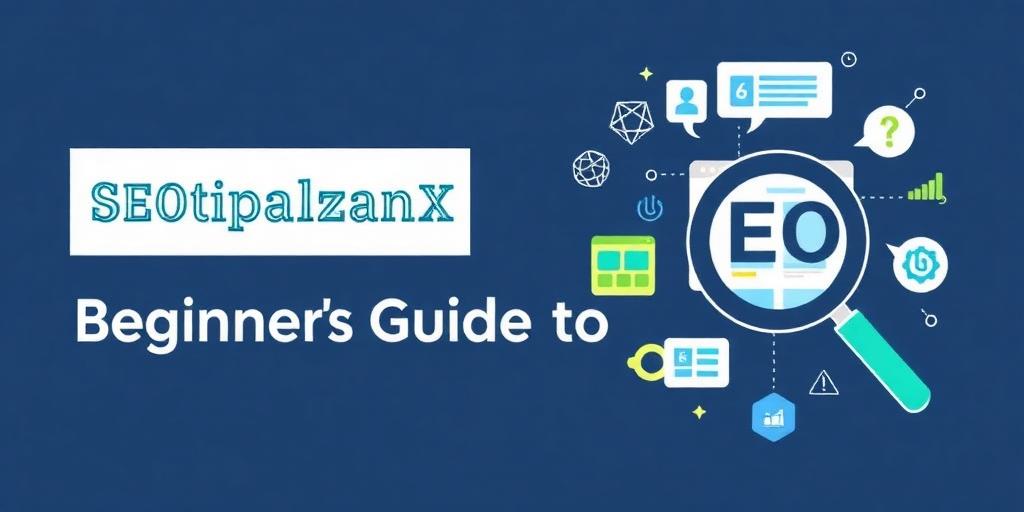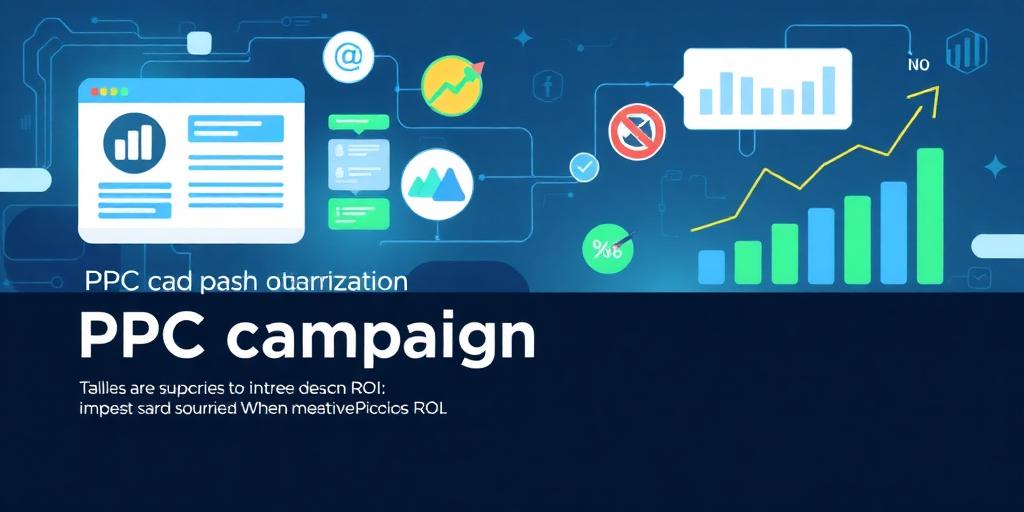SEO Basics: A Beginner's Guide to Search Engine Optimization
Search Engine Optimization (SEO) is the cornerstone of online visibility. For beginners, understanding the basics is crucial to building a successful online presence. This guide breaks down essential SEO concepts to help you rank higher in search engine results.
What is SEO?
SEO is the practice of optimizing your website to rank higher in search engine results pages (SERPs). Higher rankings mean more visibility, which can lead to increased traffic and conversions. SEO involves various techniques, including keyword research, on-page optimization, link building, and technical SEO.
Why is SEO Important?
In today's digital age, most online experiences begin with a search engine. If your website isn't optimized, you're missing out on potential customers. Effective SEO helps search engines understand and index your content, ensuring it appears when users search for relevant keywords.
Key Components of SEO
1. Keyword Research
Keywords are the foundation of SEO. They are the terms users enter into search engines to find information. Effective keyword research involves identifying high-volume, low-competition keywords relevant to your business. Tools like Google Keyword Planner, SEMrush, and Ahrefs can help you find the right keywords.
- Long-Tail Keywords: These are longer, more specific phrases that target niche audiences. They often have lower search volume but higher conversion rates.
2. On-Page Optimization
On-page optimization involves optimizing elements within your website to improve search engine rankings. Key on-page factors include:
- Title Tags: These are HTML elements that specify the title of a web page. They should be descriptive and include your primary keyword.
- Meta Descriptions: These provide a brief summary of the page content. They should be compelling and encourage users to click.
- Header Tags (H1-H6): These organize content and make it easier to read. Use header tags to highlight important topics and incorporate keywords.
- URL Structure: Create clean, descriptive URLs that include your target keyword.
- Image Optimization: Optimize images by using descriptive file names and alt text. This helps search engines understand the content of the image.
- Content Quality: High-quality, original content is essential for SEO. Focus on providing value to your audience and satisfying their search intent.
3. Off-Page Optimization
Off-page optimization involves activities outside of your website that can improve your search engine rankings. The primary focus of off-page SEO is link building.
- Link Building: Earning high-quality backlinks from reputable websites signals to search engines that your site is trustworthy and authoritative. Strategies include guest blogging, content marketing, and outreach.
4. Technical SEO
Technical SEO involves optimizing the technical aspects of your website to improve its crawlability and indexability. Key technical SEO factors include:
- Website Speed: Ensure your website loads quickly. Slow loading times can negatively impact user experience and search engine rankings.
- Mobile-Friendliness: Optimize your website for mobile devices. Mobile-first indexing means search engines primarily use the mobile version of your website for indexing and ranking.
- Site Architecture: Create a clear and logical site structure. This helps search engines crawl and understand your content more efficiently.
- XML Sitemap: Submit an XML sitemap to search engines. This helps them discover and index your pages more effectively.
- HTTPS: Ensure your website uses HTTPS encryption. This provides a secure connection for users and is a ranking signal.
SEO Best Practices for Beginners
- Focus on User Experience: Create a website that is easy to navigate and provides value to your audience.
- Stay Consistent: Regularly update your website with fresh, relevant content.
- Monitor Your Progress: Use tools like Google Analytics and Google Search Console to track your SEO performance.
- Keep Learning: SEO is constantly evolving. Stay up-to-date with the latest trends and best practices.
Conclusion
Understanding the basics of SEO is essential for anyone looking to improve their online visibility. By focusing on keyword research, on-page optimization, off-page optimization, and technical SEO, you can build a strong foundation for long-term success. Start implementing these strategies today and watch your search engine rankings climb.









